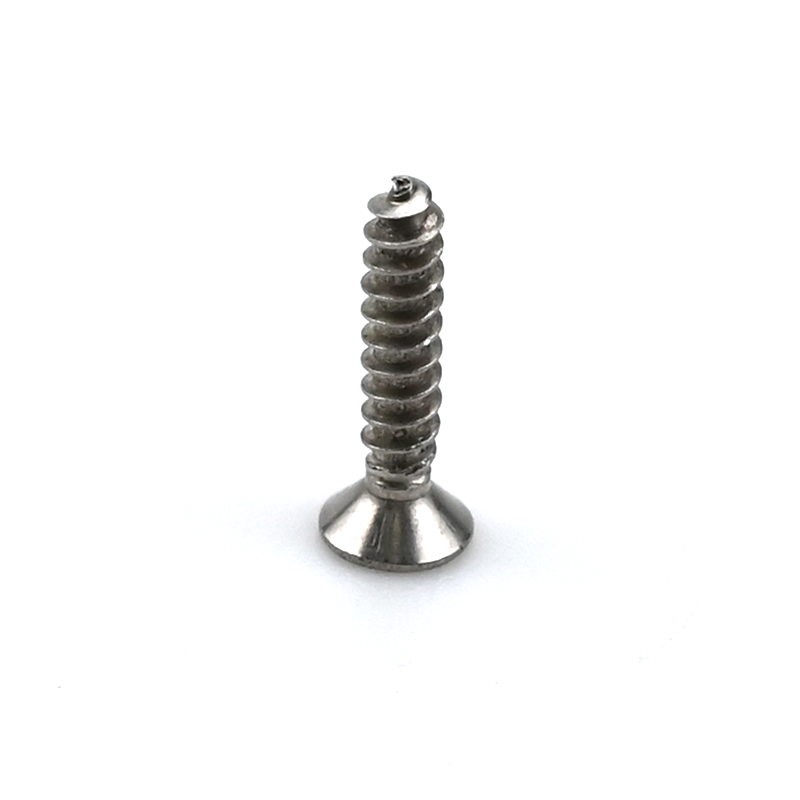- Time:2023/07/07 Posted:Dongguan prospect hardware accessories co.,ltd
Understanding the Importance of Screw Material Knowledge in Various Applications
Screws play a crucial role in countless applications, ranging from construction to manufacturing. However, it is essential to have a comprehensive understanding of screw material knowledge to ensure their optimal performance and longevity. This article will delve into the different aspects of screw material knowledge, including types, properties, and their applications.

1. Types of Screw Materials
Screw materials vary depending on the application and environment they will be exposed to. Common screw materials include:
- Stainless Steel: Known for its corrosion resistance, stainless steel screws are widely used in outdoor applications and areas with high moisture levels.
- Carbon Steel: A popular choice for general-purpose screws, carbon steel offers good strength and affordability. However, it is susceptible to rust in humid conditions.
- Brass: Brass screws are highly corrosion-resistant and commonly used in electrical applications.
- Aluminum: Lightweight and non-magnetic, aluminum screws find applications in industries where weight is a critical factor.
- Titanium: Known for its high strength-to-weight ratio, titanium screws are commonly used in aerospace and medical industries.
2. Properties of Screw Materials
The choice of screw material should be based on the desired properties for the specific application. Important properties to consider include:
- Strength: Screw materials should have sufficient strength to withstand the applied loads without deformation or failure.
- Corrosion Resistance: Depending on the environmental conditions, screws must resist rust, chemicals, or moisture to maintain their integrity.
- Temperature Resistance: Some applications require screws to withstand elevated temperatures without losing their mechanical properties.
- Electrical Conductivity and Magnetism: Screw materials may need to possess specific electrical conductivity or magnetism properties for certain applications.
3. Applications of Different Screw Materials
The appropriate choice of screw material can drastically impact the performance and durability of an application. Here are a few examples of their applications:
- Stainless steel screws are commonly used in marine construction, food processing equipment, and outdoor furniture.
- Carbon steel screws find applications in woodworking, metal fabrication, and furniture assembly.
- Brass screws are often employed in electrical switches, connectors, and decorative hardware.
- Aluminum screws are preferred in the automotive and aerospace industries due to their lightweight nature.
- Titanium screws are extensively used in medical equipment, aircraft construction, and high-performance sports equipment.
4. Importance of Proper Screw Material Selection
The correct choice of screw material is crucial to ensure the longevity and reliability of an application. Using the wrong material can lead to premature failure, which can have serious consequences.
Considering factors such as application requirements, environmental conditions, and budget will help in selecting the right screw material. Consulting experts or referring to specialized literature can provide additional guidance.
Conclusion
Acquiring in-depth screw material knowledge is essential for engineers, manufacturers, and anyone tasked with selecting the appropriate screws for a particular application. Understanding the types, properties, and applications of different screw materials enables the creation of reliable and long-lasting products.
Remember, choosing the right screw material lays the foundation for successful and durable applications.
